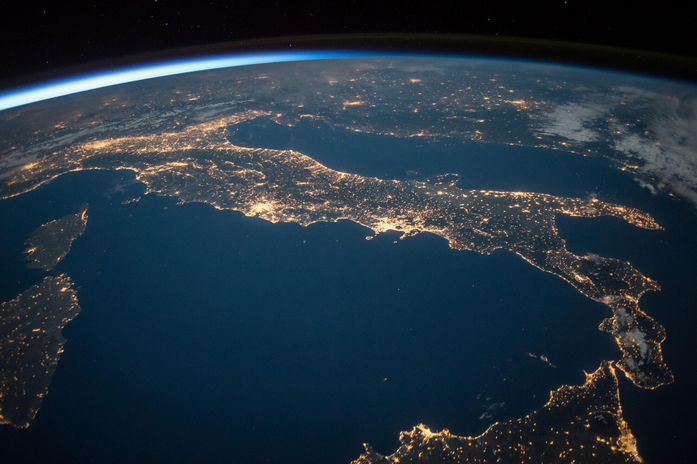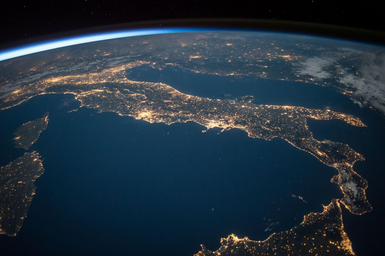Brazilians live in constant danger of suffering from a lack of water at home. Depending on which part of the country the person lives in, this has always been a reality. In the case of the Northeast for example, not having water has even become a stereotype, because of its absence.
Regarding Southeast, the last major water crisis reported causing the population’s alarm was between the years 2015 and 2016. It was about the Cantareira System, which is one of the largest water collection systems in the world. However, this situation has changed in recent weeks. At the end of May, the Federal Government issued a water emergency alert in São Paulo from June to September. This brings us to these questions: why are there still water crises and why should we care?
Why does it still exist?
According to the report on the Conjuncture of Water Resources in Brazil by the National Water Agency (ANA), agribusiness is responsible for using 72% of water resources in Brazil. This water is mostly used in irrigation maintenance and livestock agricultural production. In contrast to this, urban water consumption only accounts for 9% of the total use of water resources.
The geographer Eduardo Britto (@profedubritto), professor and specialist in environmental management, explains that agribusiness has numerous problems and one of them is the high use of pesticides and chemical fertilizers, which contaminate the soil and groundwater. However, he says that he believes that it is not possible to have a good and bad view of the whole situation: “Agriculture is very important for our country. However, it needs to re-adapt itself to sustainable issues. How to plant if it will not have water, adequate soil, and forests there to be able to create oxygen? We do not want to have problems in the future”.
Another contribution to the current water crisis was the huge fires that the Amazon forest and the Cerrado biome suffered at the beginning of last year. The professor explains that there is a phenomenon called “flying rivers”, in which the amount of vegetation formation is reduced with fires, but this formation contributes to the liquid retention that brings moisture to the rest of the country through the continental equatorial mass. “If we think about a macroclimate, a climate in Brazil, we can associate the issue of burning in the Amazon”, says Britto.
What does it take to change?
When we talk about what society lacks for greater concern around the issue of water, Britto has only one answer: environmental education. “There is an education that is school, which is when you learn geography, history, and mathematics. There is social education. For us, environmentally speaking, both are missing. What remains to be learned in the school environment”, he says.
Edgar Morin is a French sociologist and anthropologist responsible for the Complexity Theory, in which he defends the idea that if we were small cocoons in beehives, we would be more organized and think collectively, because in the bee society there is the notion that any of these actions can have consequences for the whole hive. “The human being needs to understand that we are a piece and this whole piece generates a reflection and this reflection can have consequences on you, on my daughter, on my son, on my wife, it can cause consequences on society as a whole”, says the specialist in environmental management.
Furthermore, for Britto, the fact that fresh water in Brazil is very abundant gives us the false feeling that it will not end: “Water is something that has, it will be ending one day or another, but there is. We [human beings] are much more ephemeral”, he says.
————————————————-
The article above was edited by Isabella Gomes.
Liked this type of content? Check Her Campus Casper Libero home page for more!


